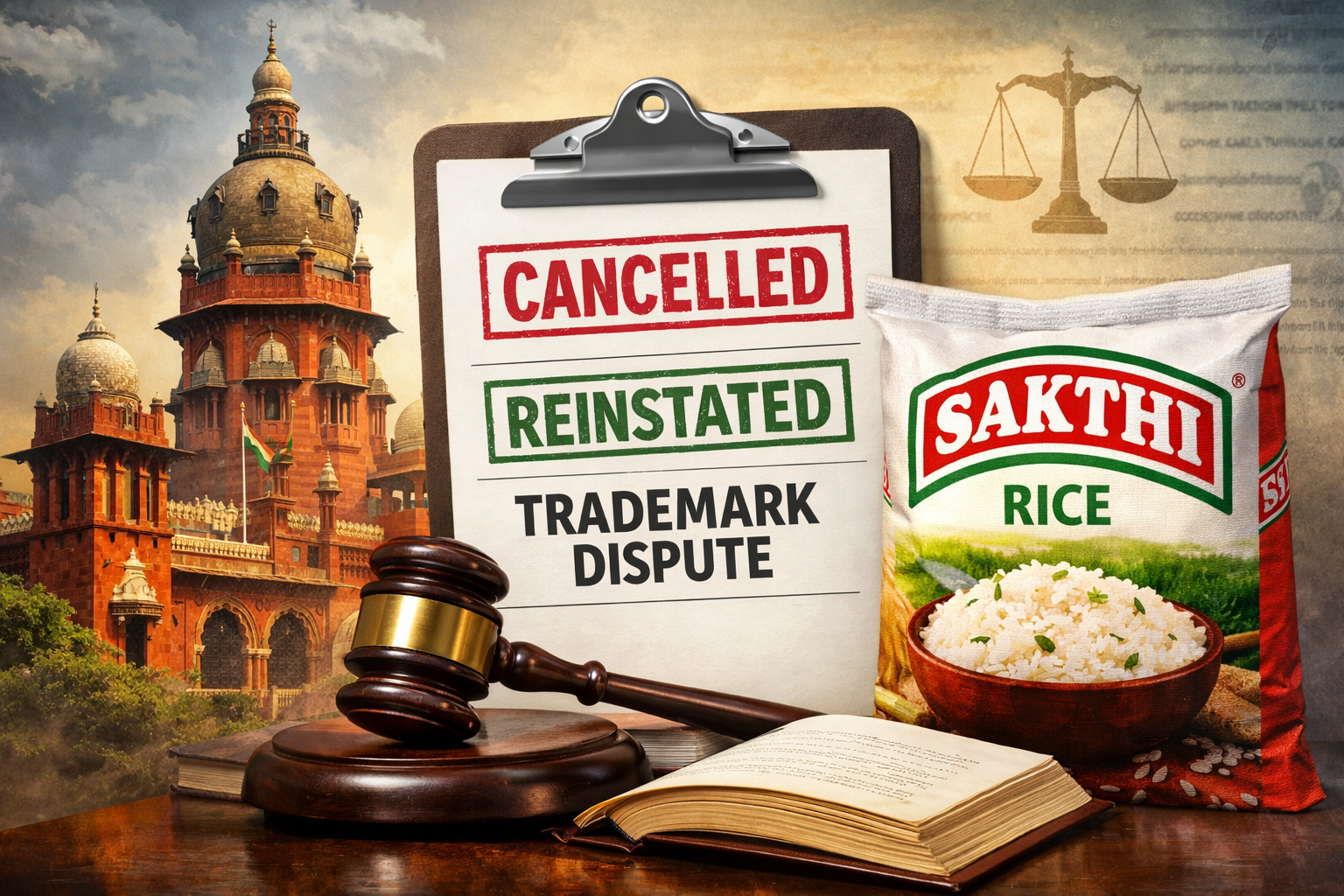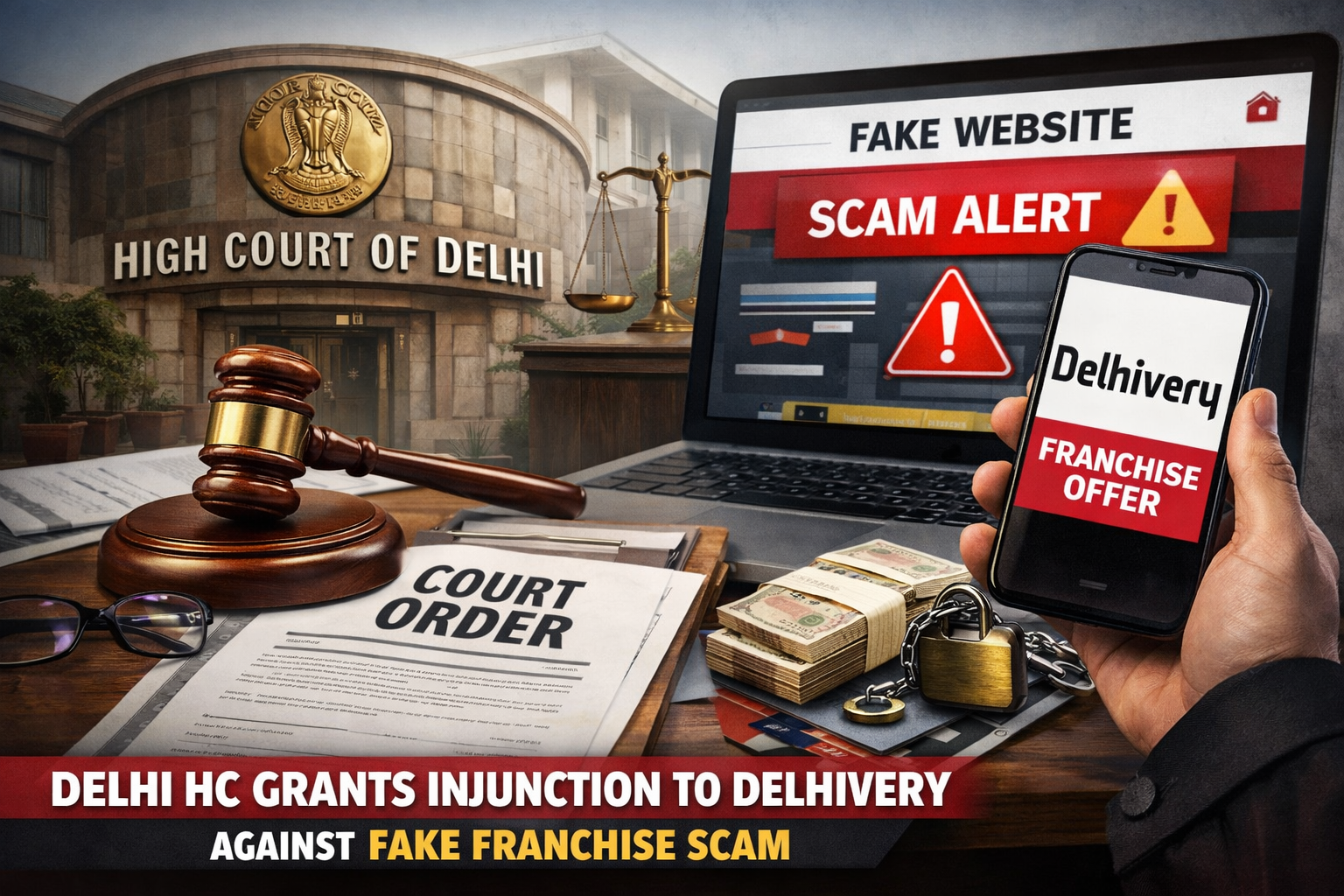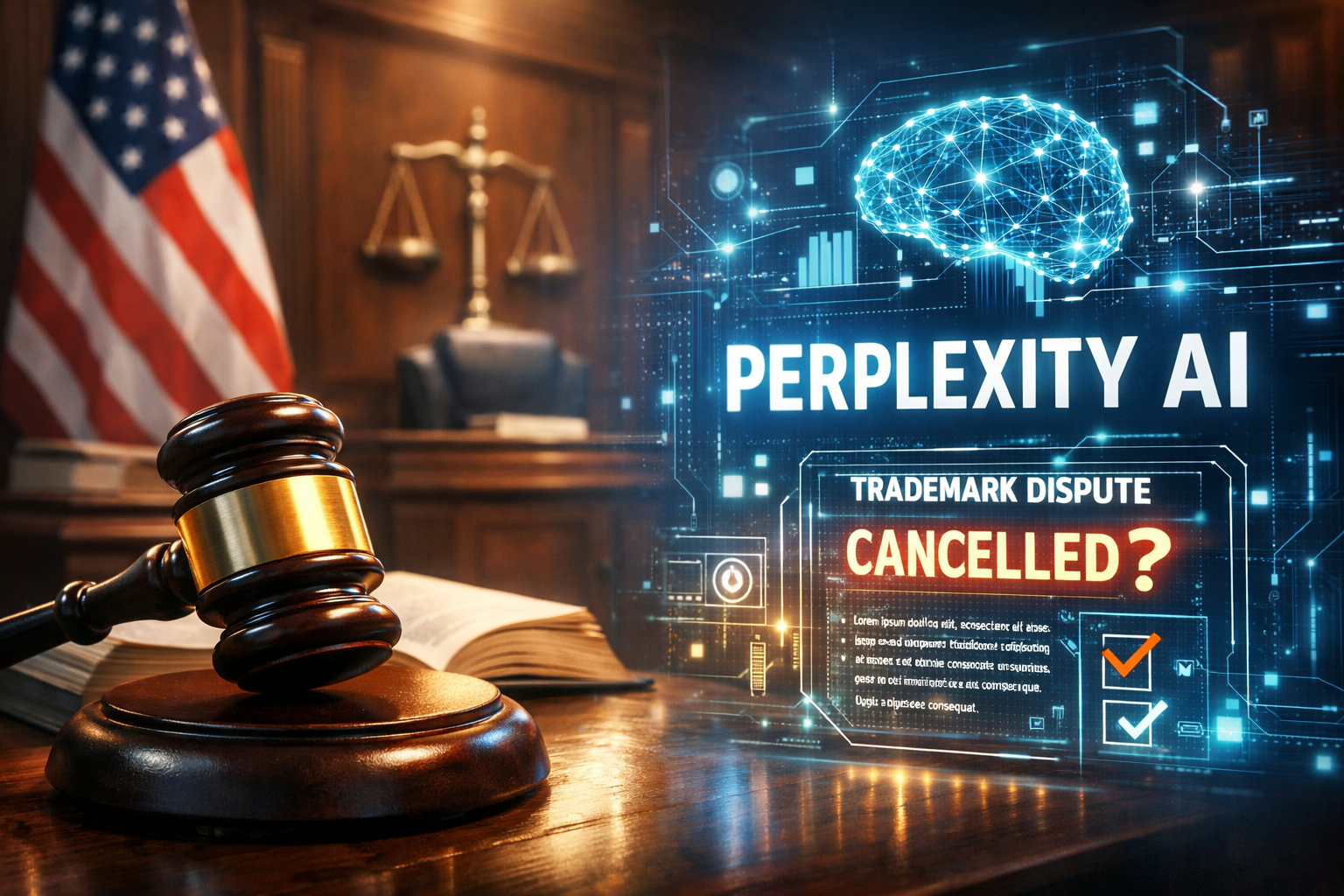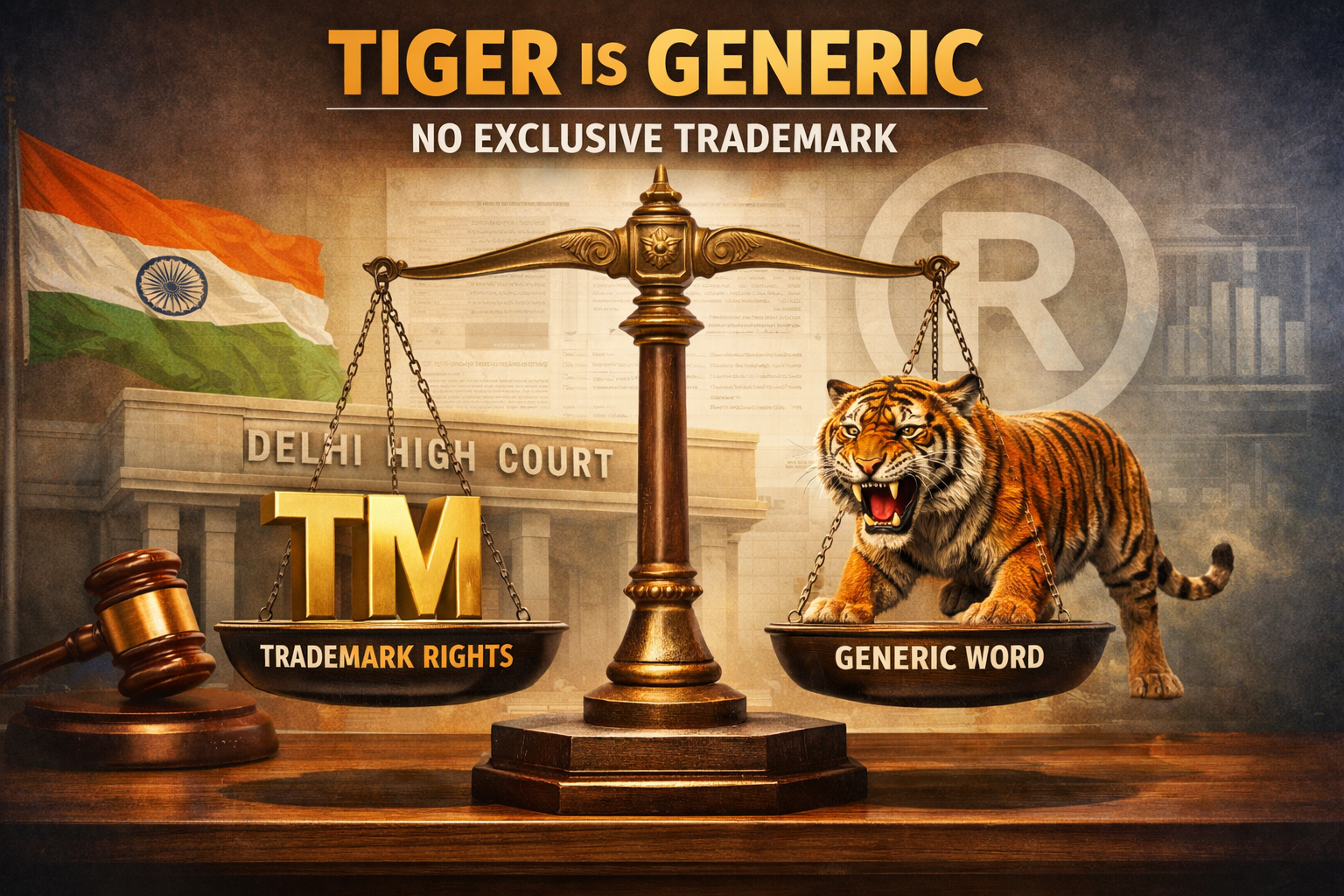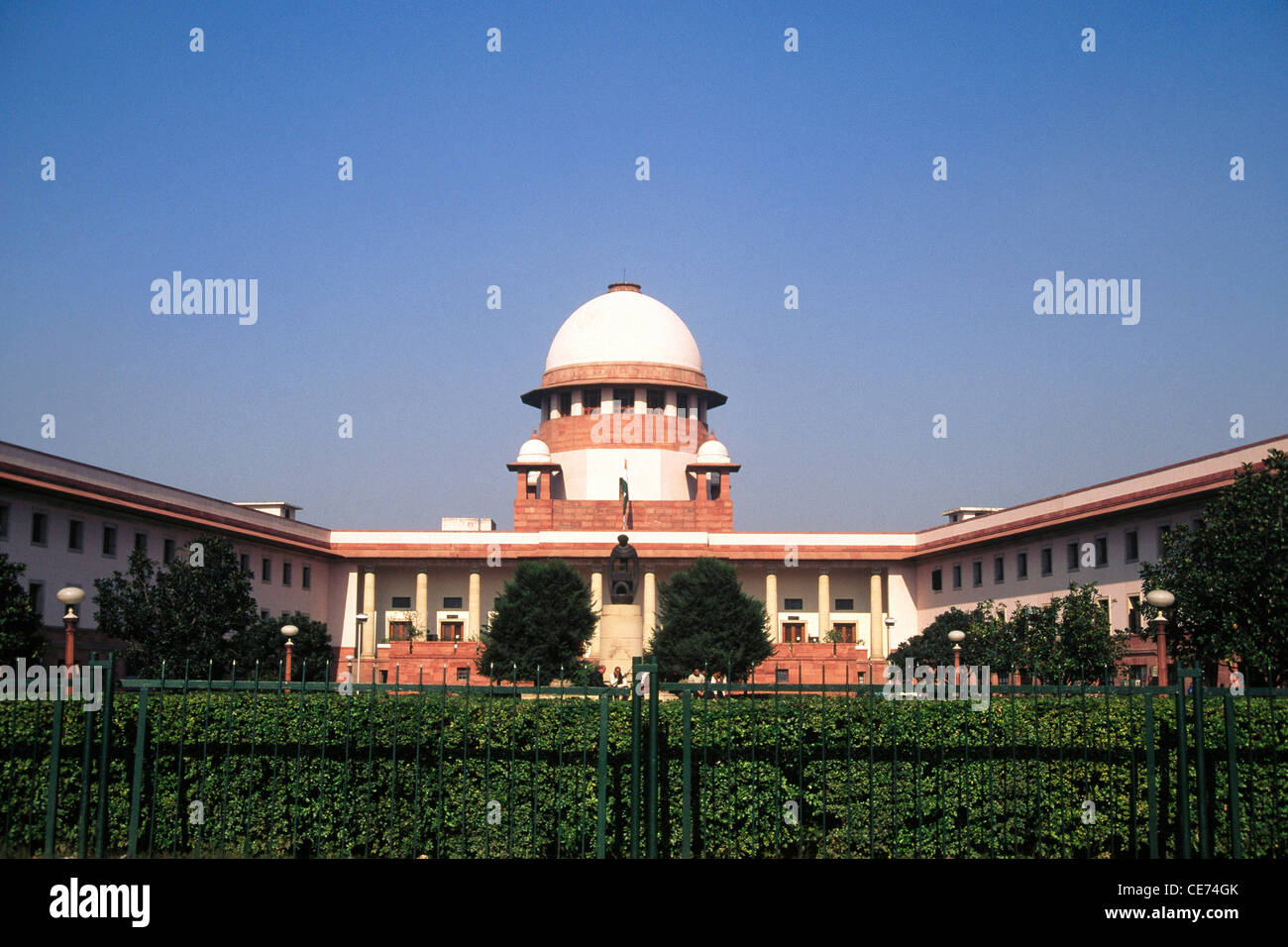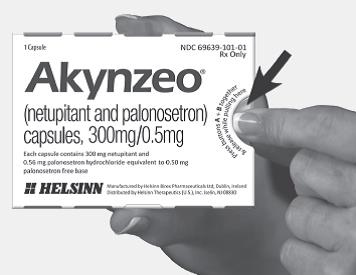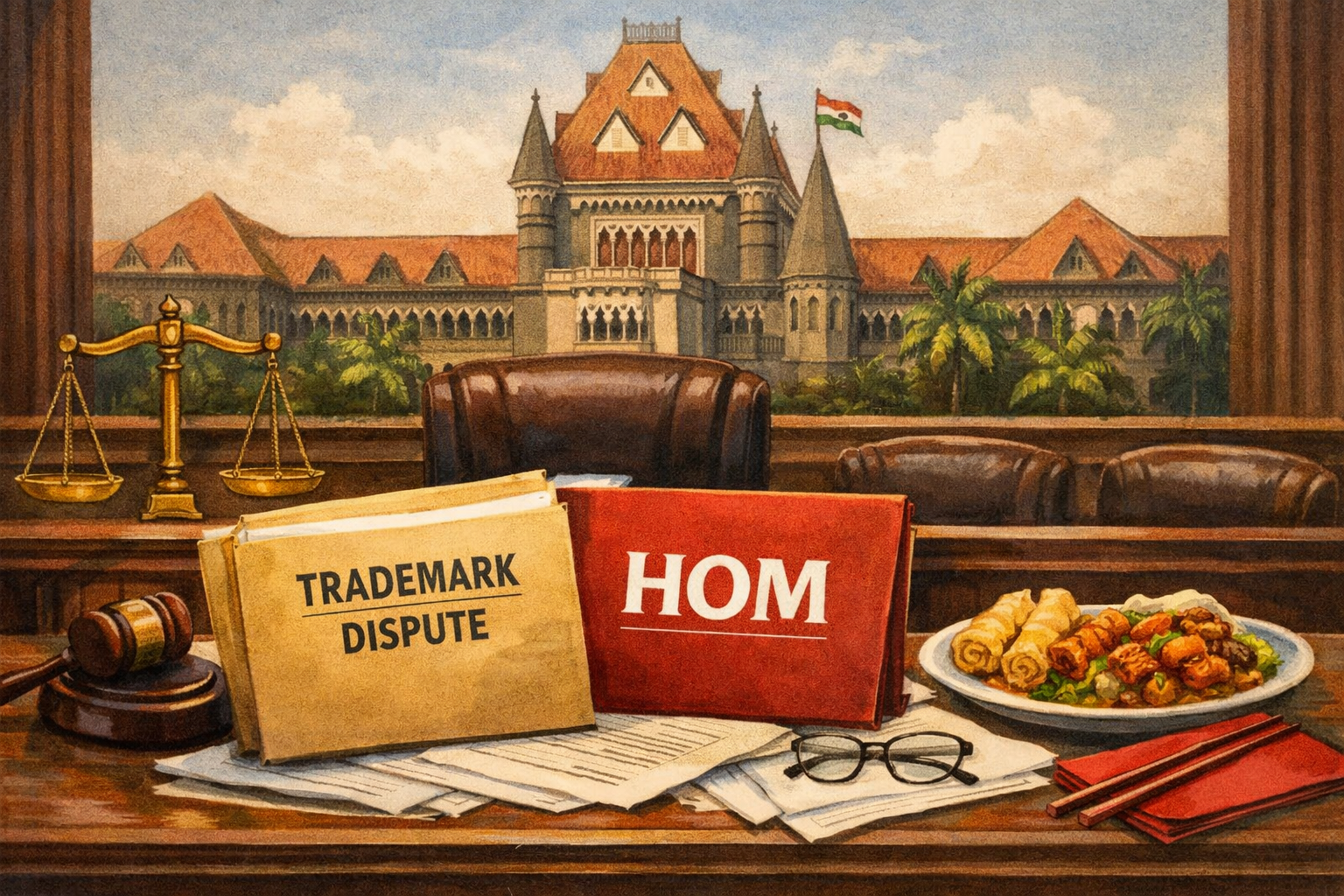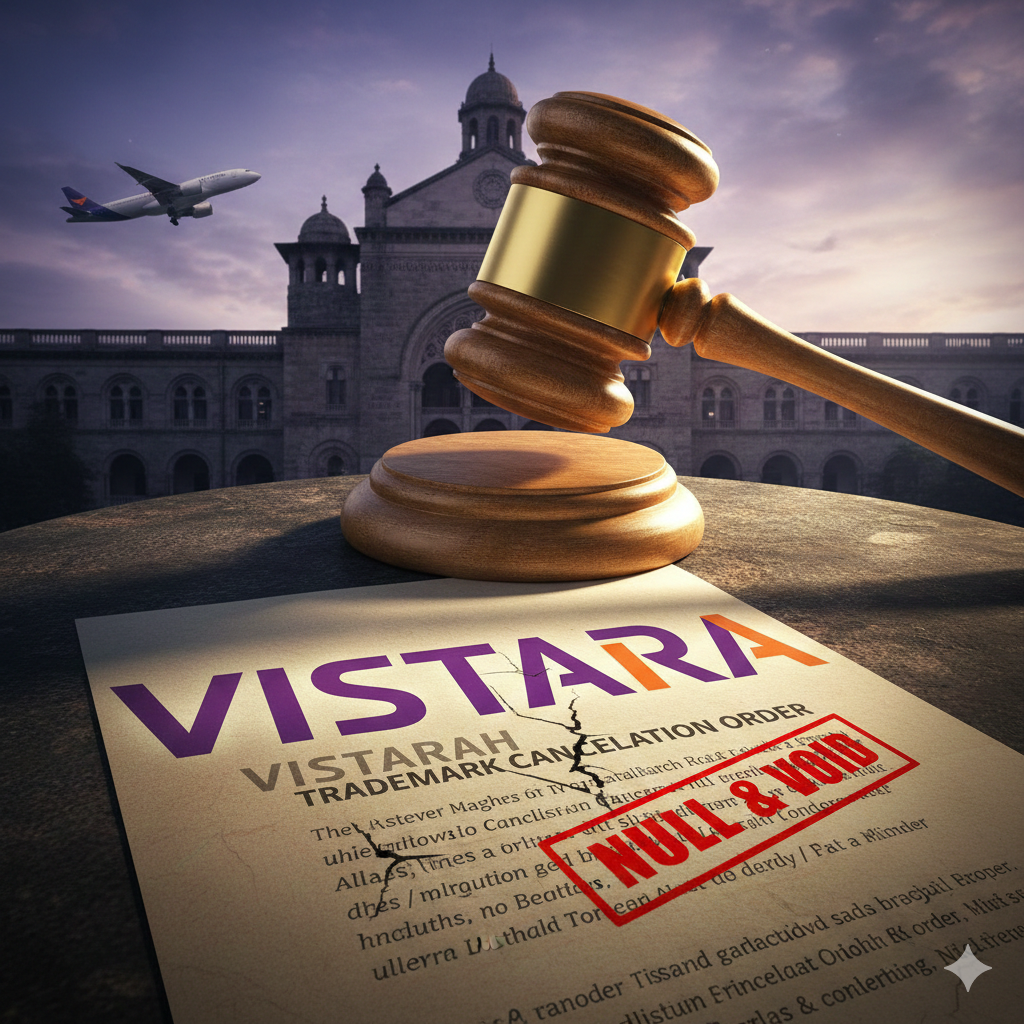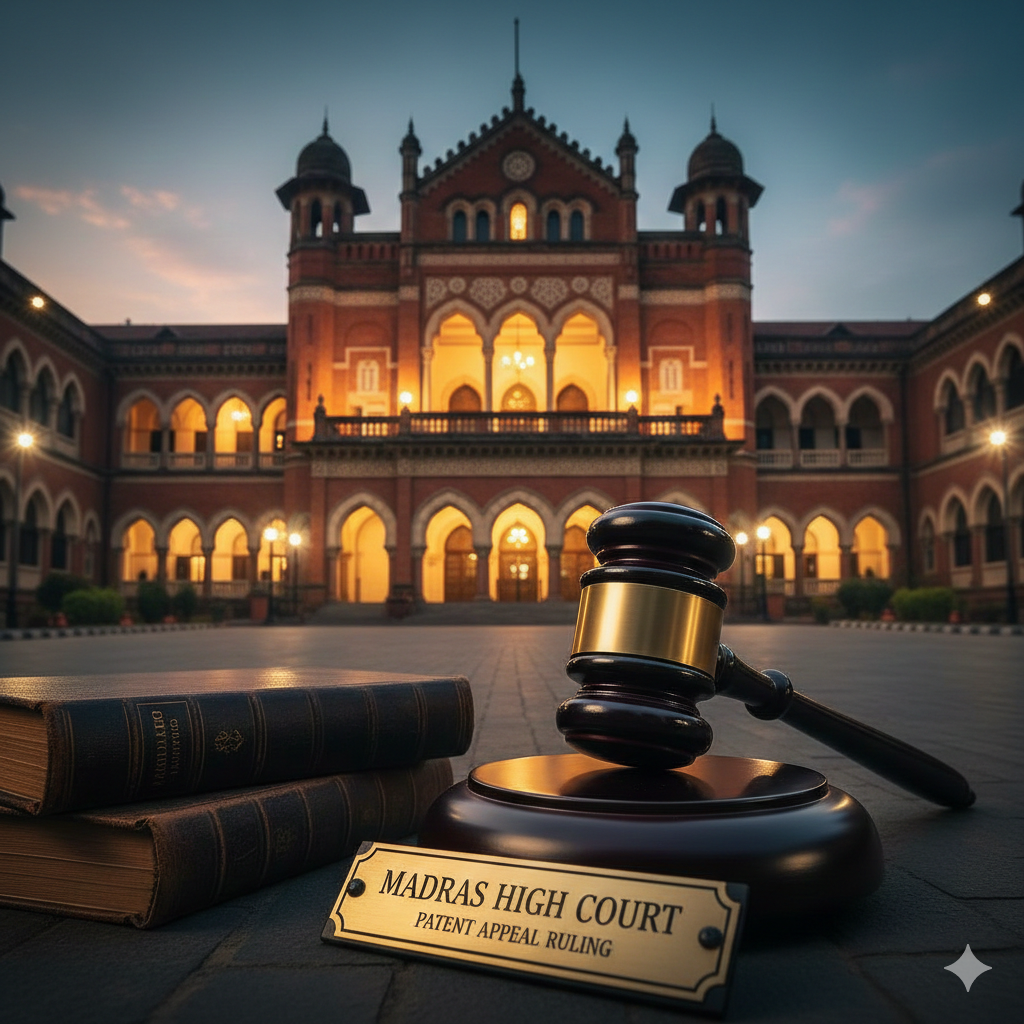In a significant ruling strengthening procedural safeguards under India’s trademark regime, the Madras High Court has set aside the cancellation of the “SAKTHI” trademark, nearly two decades after it was granted. The court held that the Trade Marks Registry acted arbitrarily and in violation of principles of natural justice by cancelling a valid registration without issuing prior notice or granting an opportunity of hearing.
The judgment offers strong relief to long-standing trademark owners and sends a clear message to administrative authorities: once a trademark is registered, it cannot be undone through shortcuts or unilateral action.
A Trademark Built Over Decades
The dispute revolves around the trademark “SAKTHI”, used by a Tamil Nadu–based trading firm for rice and allied food products. The brand has been in commercial use since the late 1970s and was formally registered under the Trade Marks Act in the mid-2000s. The registration stood renewed and valid for years, forming the backbone of the company’s commercial identity.
After nearly 20 years of uninterrupted statutory protection, the proprietor was shocked to discover that the trademark had been listed as “abandoned” and subsequently cancelled by the Registry. The cancellation stemmed from internal administrative listings related to opposition proceedings, despite the fact that a registration certificate had already been issued long ago.
Crucially, the Registry took this drastic step without issuing any notice to the trademark owner.
Court Finds Cancellation Legally Unsustainable
The Madras High Court examined the record and found the Registry’s action fundamentally flawed.
The court ruled that once a trademark registration certificate is granted, the proprietor acquires a vested statutory right. Such a right cannot be taken away without strictly following the procedure prescribed under the Trade Marks Act. Any challenge to an existing registration must be raised only through rectification proceedings, and not by treating a granted mark as if it were still a pending or abandoned application.
The court was categorical that cancellation without notice is void in law. It observed that the failure to provide the trademark owner an opportunity to be heard amounted to a gross violation of natural justice. On this ground alone, the impugned cancellation order could not survive judicial scrutiny.
Registry’s Conduct Draws Sharp Criticism
The High Court also took note of the fact that the Trade Marks Registry had earlier given an undertaking before the Delhi High Court to withdraw controversial public notices relating to abandoned marks. Despite this assurance, the Registry proceeded to cancel the “SAKTHI” trademark.
The bench held that such conduct not only breached procedural law but also undermined the credibility of statutory authorities entrusted with protecting intellectual property rights.
In firm language, the court clarified that administrative convenience cannot override statutory protection granted to trademark owners.
Clear Contrast: Registered Rights vs Bureaucratic Action
The ruling draws a sharp contrast between two competing realities:
- On one side, a trademark lawfully registered, renewed, and relied upon for decades in commerce.
- On the other, an administrative action that ignored the existence of that registration and bypassed mandatory safeguards.
The court decisively sided with the former, reinforcing that registration is not a temporary privilege but a legally enforceable right.
Order of Reinstatement
Allowing the appeal, the Madras High Court quashed the cancellation order and directed the Trade Marks Registry to restore the “SAKTHI” trademark registration within four weeks.
This reinstatement restores the proprietor’s exclusive rights over the mark and protects it from potential misuse or infringement arising from the erroneous cancellation.
Wider Impact on Trademark Administration
Legal experts say the judgment has far-reaching implications for India’s trademark ecosystem. Over the past few years, brand owners have raised concerns over mass abandonment notices, system-driven cancellations, and lack of transparency in Registry procedures.
This ruling firmly establishes that:
- Registered trademarks cannot be cancelled through administrative listings.
- Due process is mandatory, regardless of how old the registration is.
- The Registry must act strictly within statutory boundaries.
For businesses, especially small and medium enterprises, the judgment provides reassurance that long-standing brand equity will not be wiped out overnight due to procedural lapses.
Conclusion
The Madras High Court’s decision is a strong reaffirmation of rule of law in intellectual property administration. By restoring a two-decade-old trademark and calling out procedural violations, the court has reinforced trust in India’s trademark framework.
At a time when brand value and intellectual property drive business growth, the ruling stands as a reminder that legal certainty, fairness, and due process are non-negotiable — even for administrative authorities.

